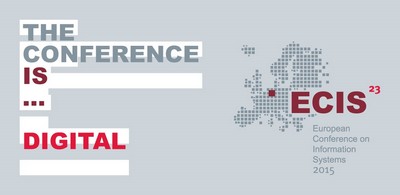Abstract
Transparency is a well-articulated requirement in policy and project development processes. To the present time, we mostly see approaches documenting the workflow or the results of these processes, but lack a representation of the discourse which produced the results. However, the arguments which have been put forward in the development of a policy document the reasoning for the details of the policy and therefore, a representation of the discourse is an important step to increase the transparency. In the present paper, we introduce an iterative development transparency framework (DTF) integrating the transparency at the workflow and result level with approaches from argumentation visualization to provide discourse information in the form of alternatives and arguments. The framework is instantiated in a prototype to empirically evaluate the ability to improve transparency among participating and external stakeholders on the use case of the “Research Core Dataset” a nation-wide policy development project initiated by the German Council of Science and Humanities in 2013 integrating over 50 stakeholders from the German science system. The first qualitative evaluation results imply that providing the discourse information is mostly appreciated as helpful for transparency if the additional complexity can be addressed by information reduction functionality.
Recommended Citation
Riechert, Mathias; Quix, Christoph; and Zarnekow, Ruediger, "Fostering Transparency in Policy Development Processes - A Development Transparency Framework" (2015). ECIS 2015 Research-in-Progress Papers. Paper 39.
ISBN 978-3-00-050284-2
https://aisel.aisnet.org/ecis2015_rip/39


